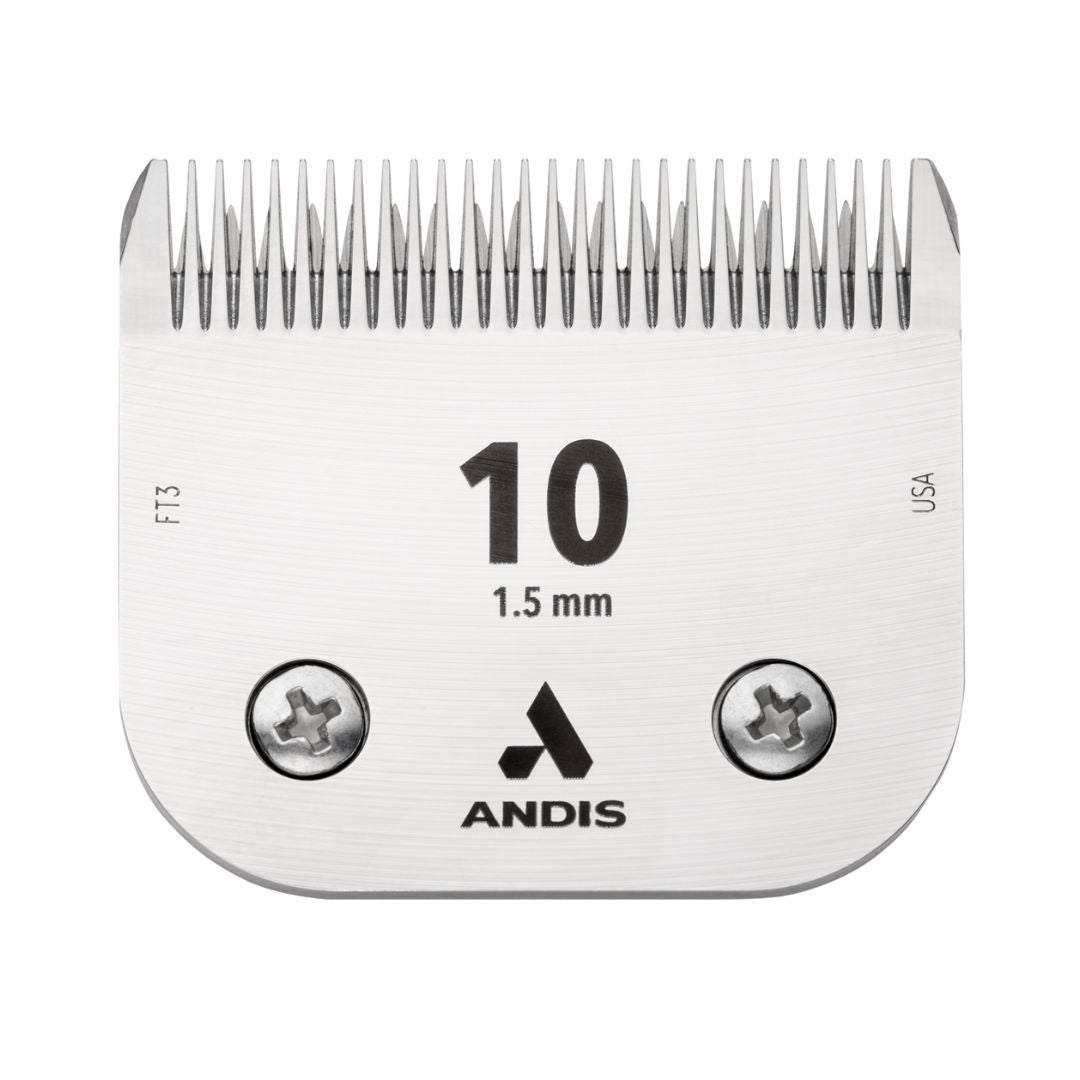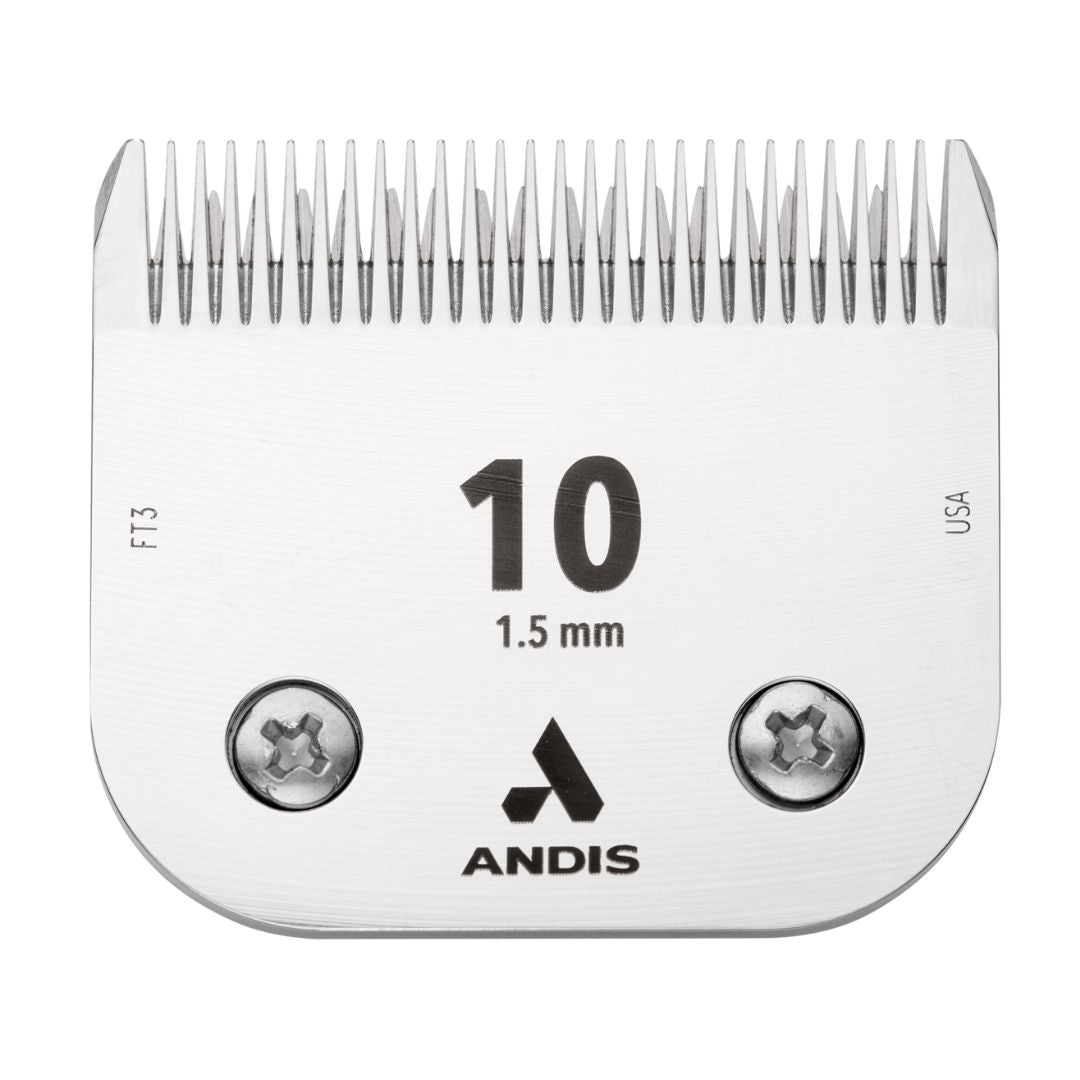How to Care, Train, and Raise a Happy German Shepherd
Loyal, intelligent, and incredibly versatile, the German Shepherd is one of the most popular dog breeds worldwide. Known for their role as working dogs, family companions, and protectors, German Shepherds bring unmatched energy and devotion to any home. This guide covers everything you need to know to keep your German Shepherd happy, healthy, and thriving.
1. German Shepherd Personality & Traits
German Shepherds are known for their confidence, courage, and trainability.
-
Temperament: Loyal, protective, alert, and eager to please.
-
Energy Level: High – requires daily physical and mental stimulation.
-
Good with Kids?: Yes, especially when socialized early.
-
Size: Males: 65-90 lbs | Females: 50-70 lbs
-
Lifespan: 9-13 years
2. Feeding & Nutrition for German Shepherds
Proper nutrition is essential to support their active lifestyle.
-
Best Food: High-protein, low-grain, large-breed formulas.
-
Puppy Diet: 3-4 meals/day with DHA for brain development.
-
Adult Diet: 2 meals/day rich in lean protein and joint-supporting nutrients.
-
Supplements: Glucosamine, Omega-3, probiotics for digestion.

3. Grooming Needs
German Shepherds have a double coat that sheds year-round.
-
Brushing: 3-4 times a week; daily during shedding seasons.
-
Bathing: Every 6-8 weeks or as needed.
-
Nail Trimming: Monthly.
-
Ear Cleaning: Regularly to prevent infections.
Pro Tip: Use a deshedding tool like the Furminator during heavy shedding.
4. Exercise & Activity Requirements
Bred as working dogs, German Shepherds need plenty of exercise.
-
Daily Walks: 60-90 minutes.
-
Mental Stimulation: Puzzle toys, obedience training, scent games.
-
Agility & Sports: Great for advanced training and bonding.
5. Common Health Issues
Like all breeds, German Shepherds have specific health concerns.
-
Hip & Elbow Dysplasia: Joint supplements can help prevent.
-
Degenerative Myelopathy: Genetic testing recommended.
-
Bloat: Avoid rapid eating; use slow feeder bowls.
-
Allergies: Monitor for food sensitivities and skin issues.
Vet Check-Ups: Regular health screenings, especially after age 7.

6. Training Tips for German Shepherds
These dogs thrive with structured, positive training.
-
Start Early: Socialization from 8-16 weeks is key.
-
Obedience: Basic commands (sit, stay, heel) mastered early.
-
Advanced Training: Protection, agility, search & rescue.
-
Consistency: Firm, fair, and fun sessions.
7. Life Stages: Puppy to Senior Care
-
Puppies (0-12 months): Socialization, crate training, vaccinations.
-
Adults (1-7 years): Peak energy, advanced training, consistent exercise.
-
Seniors (7+ years): Joint care, softer bedding, reduced intense exercise.
Conclusion
Owning a German Shepherd is a rewarding experience filled with loyalty, fun, and adventure. With the right care, nutrition, grooming, and training, your German Shepherd will be a healthy and happy member of your family for years to come.



















Leave a comment
Please note, comments must be approved before they are published
This site is protected by hCaptcha and the hCaptcha Privacy Policy and Terms of Service apply.